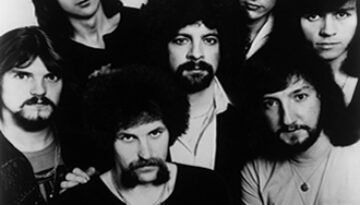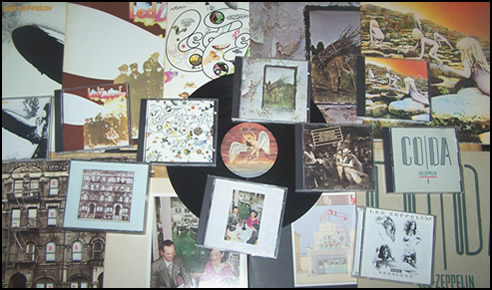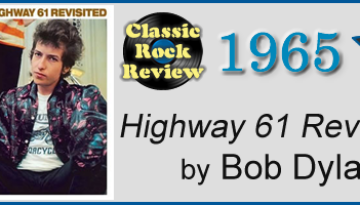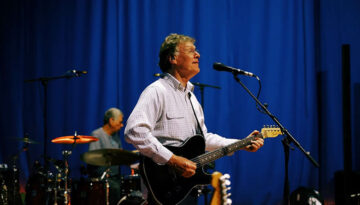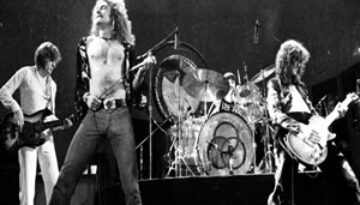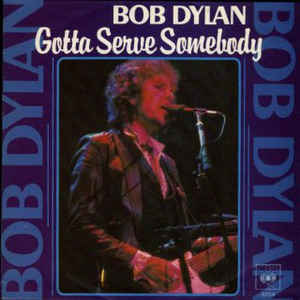The Orchestra Stuns Atlantic City with Classic Rock Performances
The former members of the Electric Light Orchestra and the Electric Light Orchestra II joined forces and combined their musical prowess for the first time to hold an unforgettable performance at the Resort […]

